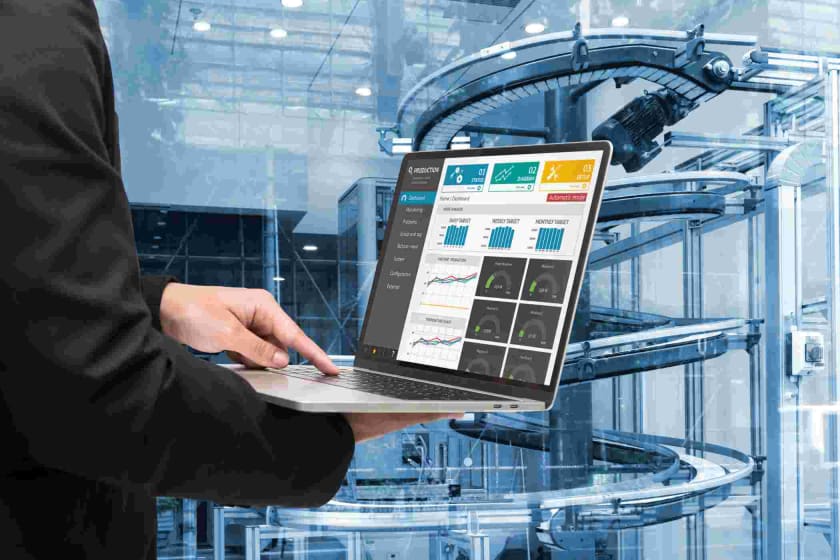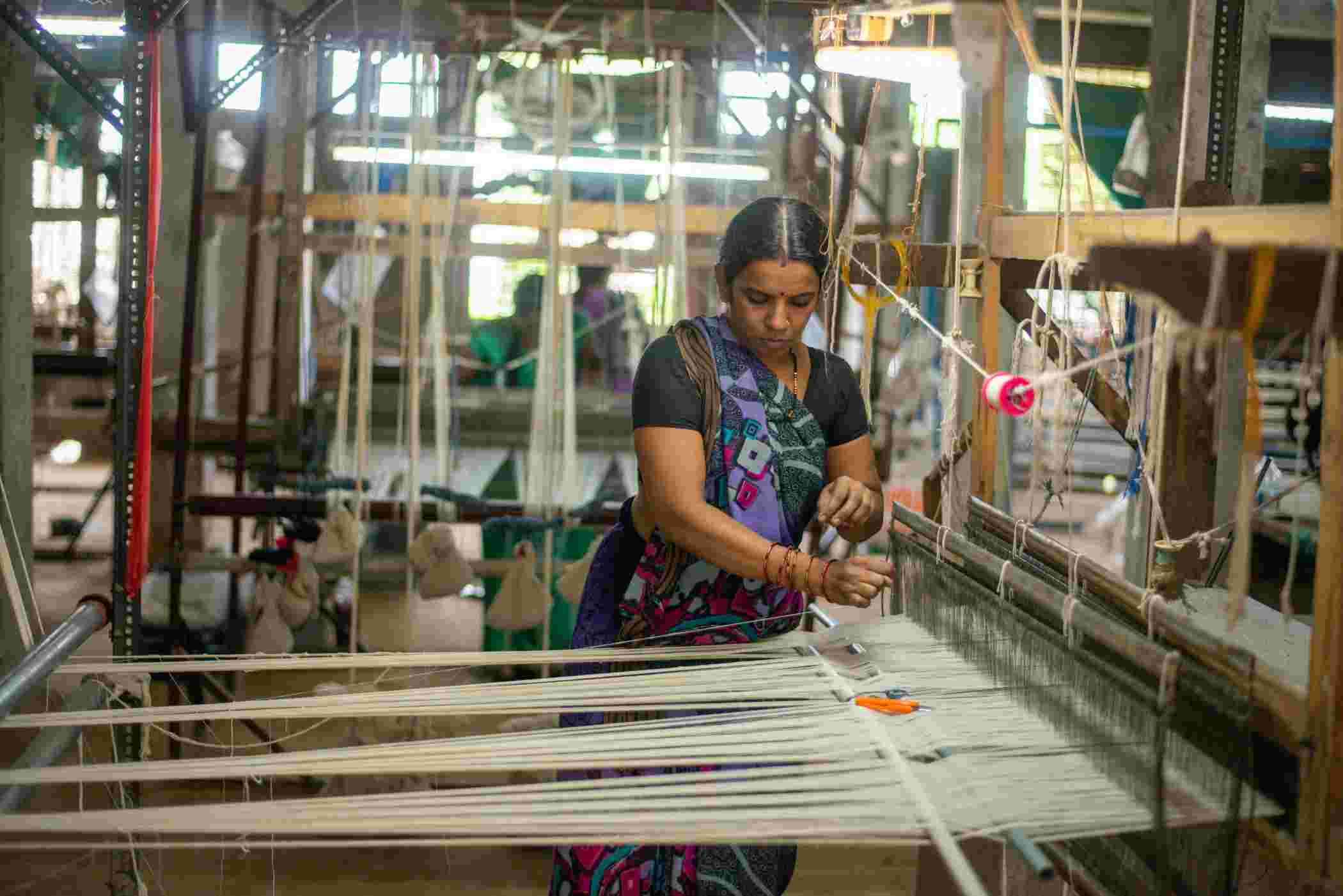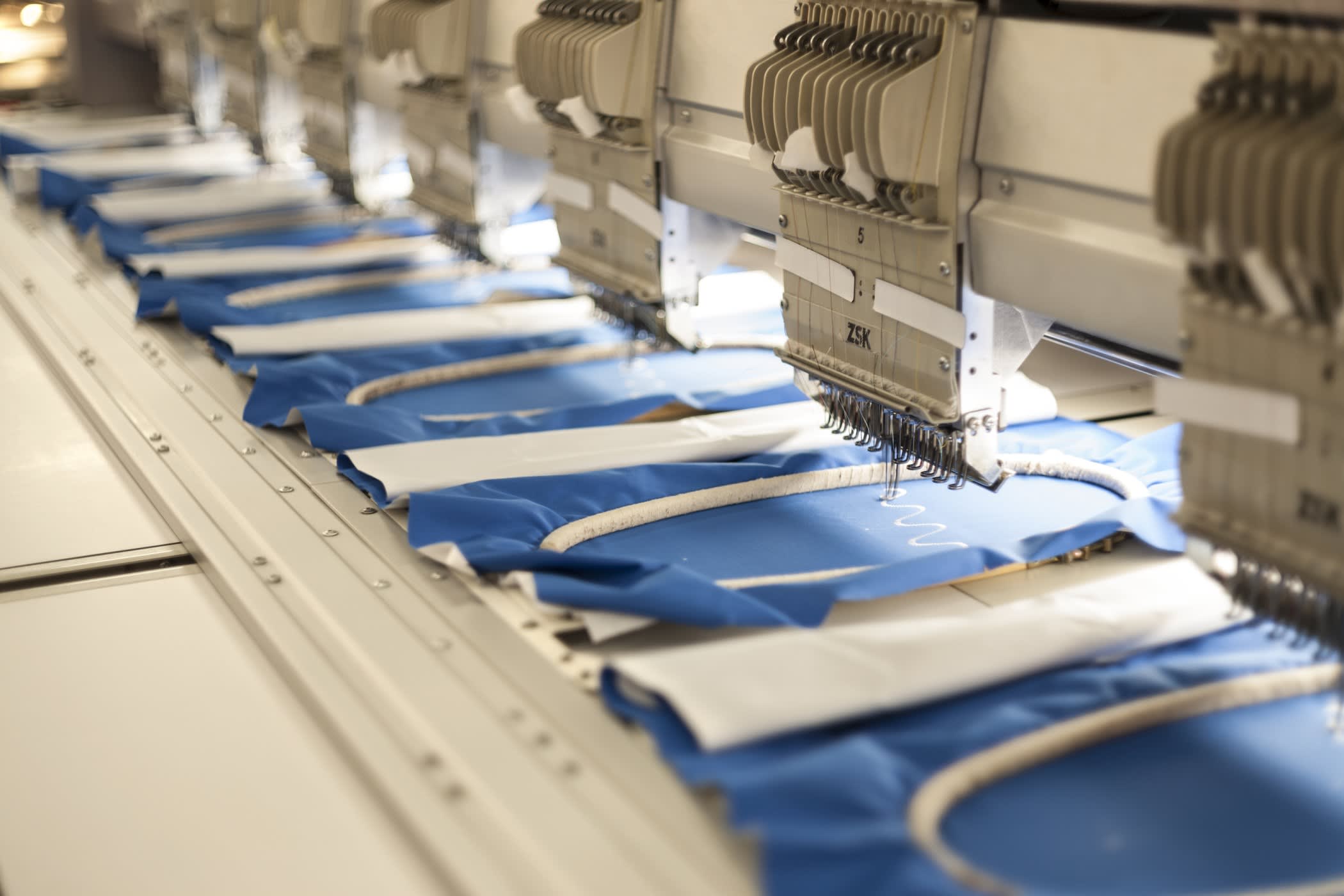Things You Need to Know About Real-Time Production Management System



Production management is always evolving and any system of management is all about improving the ways to achieve the business goals. While the goals may be a motivating factor, it is the road to success that needs proper maintenance for a glitch free run. A real time production management system (PMS) has proved to be efficient in this matter. The real time PMS is also known as a real-time production tracking system (RTS) and a real-time shop floor control system. Many companies use the barcode or RFID technology in the real time PMS to track the movement of their products on the production floor.
The new age is faster, technologically demanding and always aiming for precision at all points of time. Modern manufacturing is highly demanding on real-time production and inventory data and data transparency. When this is the case, real time PMS is a very useful way to tackle productions without minimum difficulties.
The garment factories go through a series of complex processes which demand precision of handling. Nowadays many factories have installed cutting edge technologies for the same. Keeping track of these things is imperative to run a smooth production system and for this real time data collection and analysis are done through digitized techniques.
10 reasons why garment factories need a real time production management system
1. Transparency is one of the important means to ensure a smooth production process. Transparency about the number of workers working at a time, their working hours, the number of machines running and for how long, everything contributes to a clear and honest business operations.

2. Real-time PMS helps in fetching the quantity-data (process-wise and operation-wise) and inventory records. These are the key information in an apparel manufacturing business. This will help you see the real-time production line as real-time PMS is the tool which will inform you about the process-wise or operation-wise capacity and actual production. You will also have an idea about machine and labour utilization which you can adjust and readjust accordingly.
3. Non Productive Time (NPT) is often overlooked in the production channels. This ‘time’ which is lost can be tracked by using a real-time PMS. Tracking NPT is impossible without technical aid. These idle hours spent by managers or workers are often responsible for dysfunctional factory performances. If this issue is not tracked and considered, it cannot be addressed to restore functionality.
4. The incentive calculation for employees becomes quicker and easier with real-time PMS. Some of the real-time PMS comes with an inbuilt incentive calculation system. That is done by tracking an employees’ daily performance, the types of machines handled by them, the products they manufactured, etc. If any modification is required in terms of incentive value or other finances, it can be done easily. Manually working out the incentive schemes may become exhaustive and erroneous when a large number of employees are involved.
5. The data collected are stored digitally in a real-time PMS. The movement of the supplies and orders, shipments and collections everything enters the system and enjoys cloud storage. This creates a high end transparency in the database. While tracking the movement of a stock, if any issue occurs, you get an immediate update about the hindrance which can be solved without wasting any time.
6. With the help of real-time PMS, you can access the production status in your factory from a remote location. This increases the scope of efficient production management by one hundred percent. You can update and get updated in almost no time.
7. The real performance of employees is captured best by the real-time PMS. Production scheduling can be improved if you are aware of the real performance measure.
8. Using manual spreadsheets and gathering floor data using pen and paper can be hectic. A real-time production data is really necessary to manage the floor. Real-time PMS enables you to gain auto generated KPI reports, hourly updates of the production, order status and WIP data.

9. A real-time PMS successfully captures the quality-data of the production output. A garment is not just about stitching up the textiles and shipping it off. It needs to maintain a quality that favours the brands or retailers. In a factory producing bulk apparels, manual checking of all the stitches, defective pieces and repairing them cannot be possible. Capturing this quality data digitally will help you not only to maintain the quality but also to improve it as and when required.
10. Production planning and production scheduling are the two important pillars of a successful management system. A real-time PMS keeps record of all data and analytics collected. One can therefore always go back to review previous actions or refer to the history to prepare for future



















